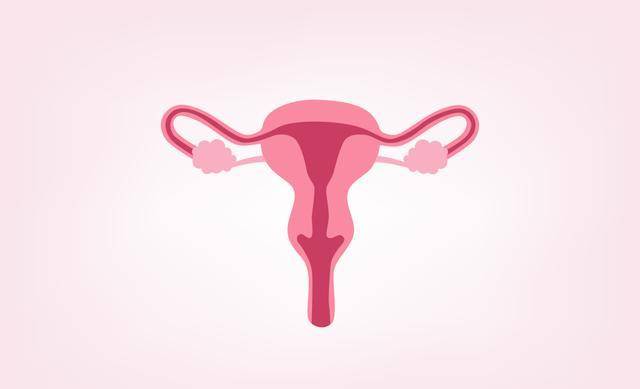The uterus, as an important component of the female reproductive system, carries out physiological functions such as reproduction and menstruation. However, in certain specific circumstances, such as severe uterine diseases or cancer, removing the uterus may become a necessary medical intervention. So, what are the differences between women who have had their uterus removed and normal women? Today, let’s listen to the doctor’s frank words and uncover the mysteries of this topic.
First and foremost, it is important to clarify that removing the uterus does not mean that women lose their feminine traits. Female gender characteristics, secondary sexual characteristics, and hormone secretion mainly depend on the ovaries, not the uterus. Therefore, women who have had their uterus removed do not exhibit significant differences from normal women in terms of physiological gender, secondary sexual characteristics, and hormone levels. They can still maintain their feminine charm and enjoy a normal sex life.
Nevertheless, the physiological impact of removing the uterus on women should not be underestimated. The most obvious difference is in terms of fertility. The uterus is the cradle for nurturing fetuses, and without a uterus, women cannot conceive and give birth naturally. Therefore, for women who have not completed their fertility plans, removing the uterus is undoubtedly a heavy blow. Of course, modern medical advancements provide these women with the possibility of alternative methods of reproduction, such as in vitro fertilization and other assisted reproductive technologies, but this also requires more effort and financial costs.
In addition to fertility, removing the uterus may also affect women’s menstrual cycles. Menstruation is a normal physiological phenomenon of the female reproductive system, closely related to the cyclical changes in the uterine lining. After the uterus is removed, women will no longer experience menstruation, which also means bidding farewell to monthly physiological discomfort and trouble. For some women who experience severe menstrual cramps or irregular periods, this may be a relief; but for others, the disappearance of menstruation may bring psychological discomfort and a sense of loss.
Moreover, removing the uterus may also have a certain impact on women’s mental health. Surgery itself is a trauma, and patients need a certain amount of time to recover both physically and psychologically. Women who have had their uterus removed may experience anxiety, depression, and other negative emotions due to concerns about surgical risks, postoperative recovery, and future fertility issues. Therefore, before and after the surgery, doctors need to have thorough communication with patients, address their concerns, help them establish correct understanding, and alleviate psychological stress.
Furthermore, we should not ignore the potential impact of removing the uterus on women’s quality of life. Although the uterus itself does not directly participate in the body’s daily activities, the surgery may lead to changes in pelvic structure, thereby affecting women’s body posture and comfort. Additionally, postoperative complications such as infections, bleeding, etc., may also have a certain impact on women’s quality of life. Therefore, when deciding whether to undergo a hysterectomy, doctors need to consider the patient’s specific circumstances comprehensively, weigh the pros and cons, and develop the most appropriate treatment plan for the patient.
Of course, despite the challenges and differences that come with removing the uterus, it does not mean that these women lose the enjoyment and value of life. They can cope with these changes by adjusting their mindset, facing life positively, seeking professional psychological support, and so forth. At the same time, understanding and support from family and society are essential forces for them to overcome difficulties.
In conclusion, there are indeed some differences between women who have had their uterus removed and normal women, but these differences do not diminish their value and dignity as women. We should treat every woman with equality and respect, focus on their health and happiness, and together create a more inclusive and harmonious societal environment. In this process, the professional knowledge and experience of doctors play a crucial role. They need not only possess excellent medical skills but also have humanistic care and communication skills to provide patients with comprehensive medical care and psychological support.


